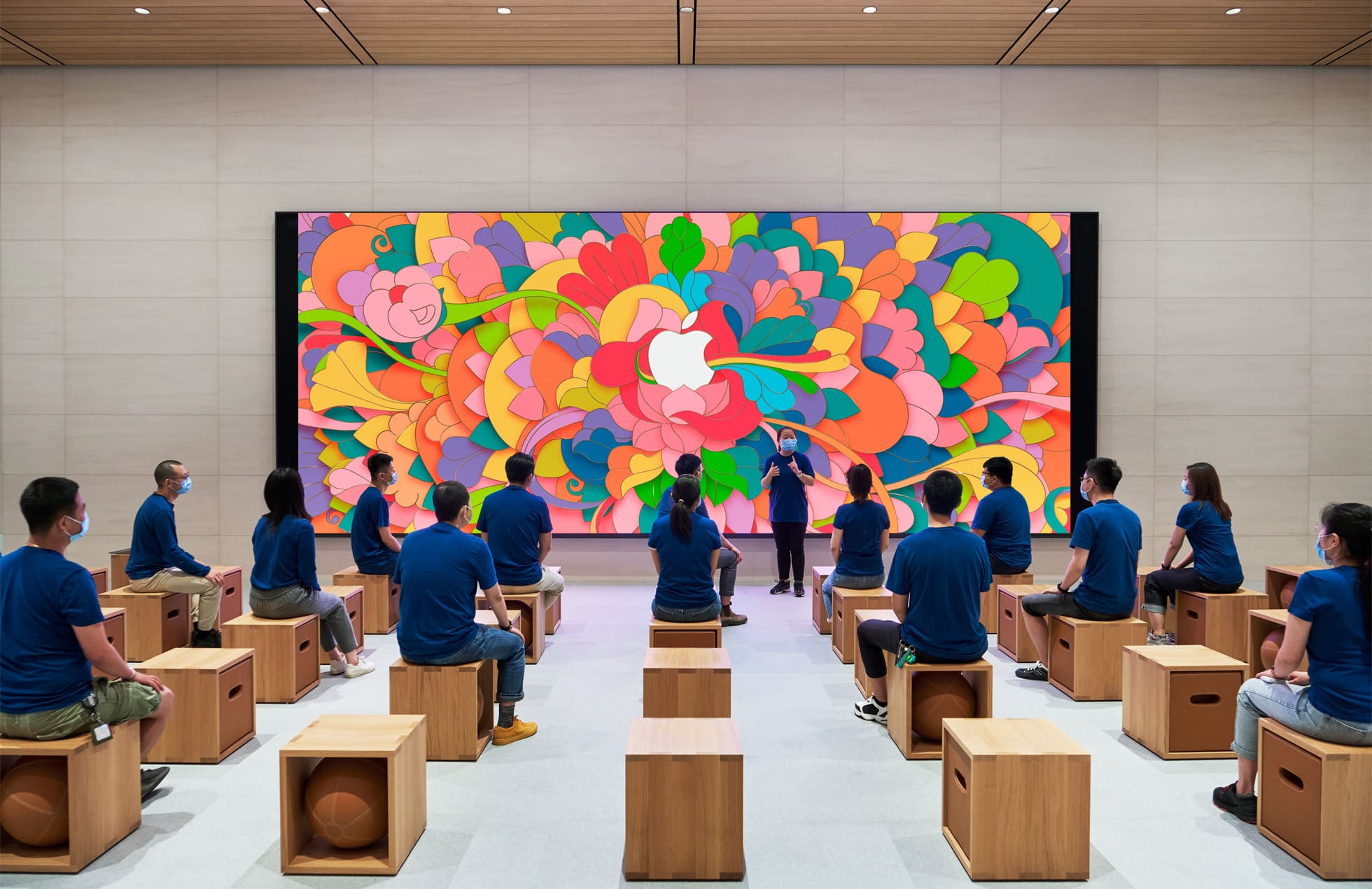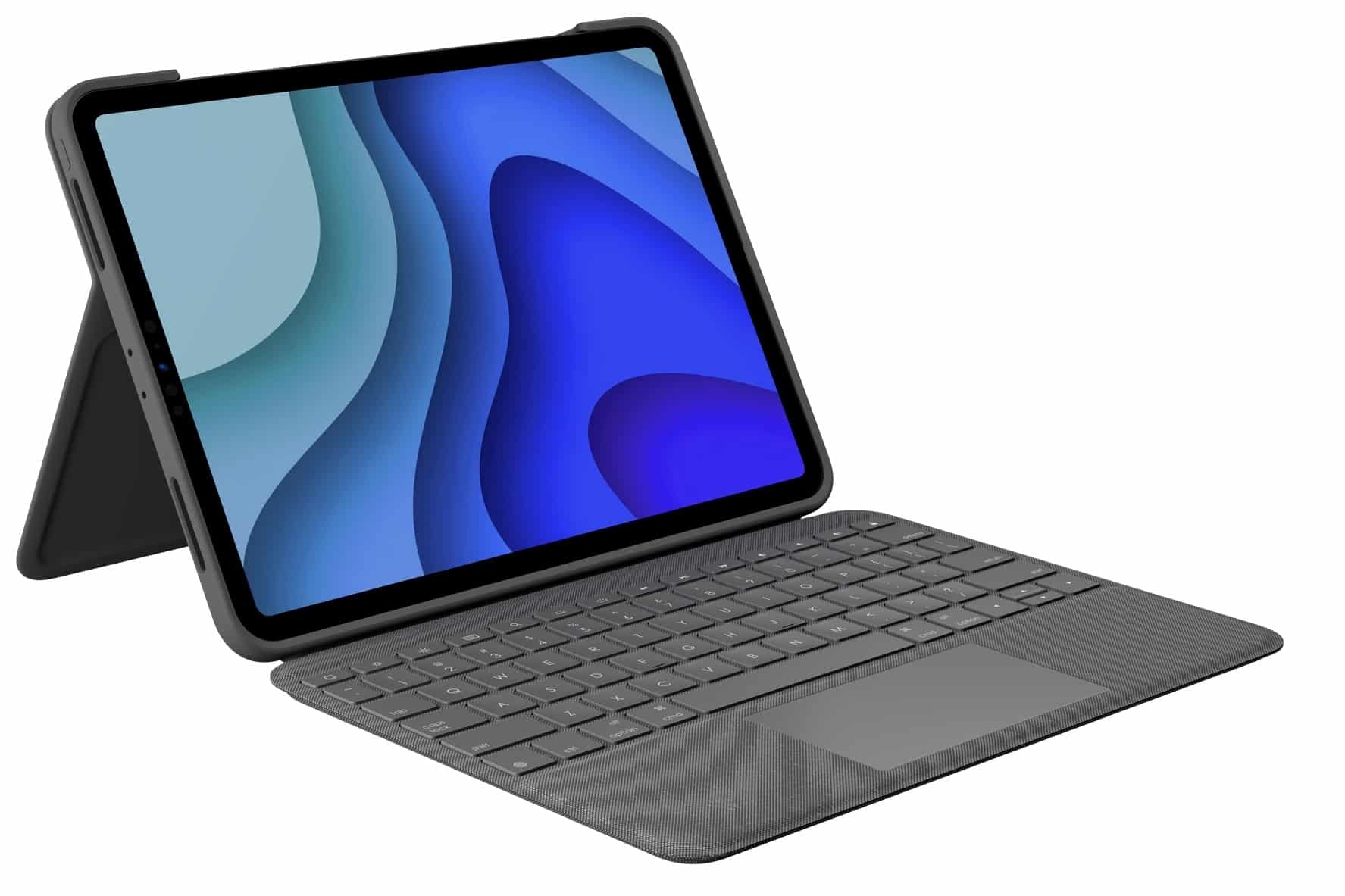
Three industries benefiting from biometrics to fight COVID-19
The COVID-19 pandemic has accelerated the adoption of biometric technology across industries. From touchless payments at shops and restaurants to reduce the use of cash transactions to biometric-based contact tracing efforts, virtually every industry has had to readapt to meet the shift in customer and regulatory requirements.
The widespread adoption of biometrics was already underway when the coronavirus began to spread in early 2020. Now, companies are moving ahead with the installation of this technology to offer better safety, security, and efficiency to their customers. These three industries, in particular, are well-suite to see their operations advance as a result of biometric adoption.

The questions to ask to avoid cloud trade-offs
There is an old saying that there are no perfect solutions, only trade-offs. We have all experienced this trade-off situation in our lives at some point, when we must make a decision knowing that there is no perfect solution available and that we will be forced to compromise in some way.
This is one of the reasons why some people choose to put money in the stock market, they’re prepared to take a risk, while some people prefer to put money in savings accounts, where the payback is more predictable. The trade-off in this example is that you cannot put the same money in both places at the same time. You need to make your decision based on the existing trade-off of higher risk and return (stocks) or lower risk and return (savings account).

4 ways that HR teams can use Identity and Access Management (IAM) for secure remote working
As businesses start to take tentative steps out of the COVID-19 pandemic, we are still understanding what our 'new normal' is. In the backdrop of an ongoing pandemic, we’re taking a heightened risk-based approach to living our lives and working.
Businesses and departments that were unable to work remotely shutting down during the lockdown led to a negative impact on businesses, industries, and the economy as a whole -- you only have to look at the retail and hospitality sectors to see this. A paradigm shift has occurred, particularly with technology and its use in a post-pandemic world.

How to defend against hackers
As damaging as security threats can be, they’re also easily avoidable when you have the appropriate safeguards in place. For businesses in particular, investing in the right methods is essential.
Here are my top 7 tips for keeping your data secure.

Apple is still making customers sit on wooden boxes for some reason
Only once in my life did I own a Mac, and the damn thing broke. In 2016, I purchased a MacBook Pro (which I have since sold) and the display started having lines go across the bottom. Long story short, I brought the laptop to a local Apple Store for service and it was fixed. When I got there, they checked me in and walked me to a wooden box and told me to have a seat. Wait, what? I spent $2,000 on a laptop from one of the richest companies on Earth, and I couldn't get a proper chair? I chose to stand instead.
Fast forward to today, and Apple announces the opening of a new physical store in China. This new store replaces the company's original Apple Sanlitun and is twice the size. Apple boasts about how great the store is, but strangely, it shared the above photo of people once again sitting on wooden boxes. What the hell is going on here? Why does Apple hate chairs?

Best Windows 10 apps this week
Three-hundred-and-ninety-five in a series. Welcome to this week's overview of the best apps, games and extensions released for Windows 10 on the Microsoft Store in the past seven days.
Some Windows 10 users noticed after the installation of a recent update for Windows 10 that certain applications, Notepad and Paint in particular, were no longer available on their system. Mark explains how these can be restored here.

Why DevOps teams need to take container security seriously [Q&A]
Earlier this year hackers were able to exploit container platform Kubernetes to install cryptomining software in Microsoft Azure.
Fei Huang, chief strategy officer at container security platform NeuVector believes that this should be a wake up call to get the attention of enterprise DevOps and DevSecOps teams. We spoke to him to find out more about the risks and how they can be addressed.

Transcend unveils new 3D NAND SSDs
There have been a lot of new solid state drives released lately, some of which are run of the mill, while others are cutting edge. For instance, Sabrent recently launched an 8TB PCIe SSD, while Silicon Power unveiled a speedy PCIe 4.0 drive.
Transcend recently unveiled a new line of solid state drives, and while they that won’t “wow” anybody, they are still worth a look. They all use 3D NAND, but the four SSDs come in different sizes, speeds, and interfaces.

Logitech Folio Touch keyboard case turns your 11-inch Apple iPad Pro into a laptop
Want to know a secret? The iPad is a great computer. No, I don't just mean it is a very good tablet (which it absolutely is), but with the latest versions of iPadOS, it is an honest-to-goodness exceptional computer too. Once the OS received proper mouse and trackpad support, iPad became much more useful. Of course, it isn't that way out of the box. To truly embrace the laptop-like iPad experience, you also need a keyboard case with a trackpad. Apple sells its own Magic Keyboard that can convert an iPad Pro into a laptop, but it starts at $299 -- that is way too experience.
In-the-know iPad owners are aware of another company that has long made quality iPad keyboard cases -- Logitech. Yes, that company's keyboards are well-made and elegant, but also, much more affordable than Apple's own Magic Keyboard. Today, Logitech launches a variant of the Folio Touch keyboard case made specifically for the 11-inch iPad Pro (first and second generation). Best of all, this new product is priced way below Apple's offering. And yes, it has an integrated Apple Pencil holder.

Microsoft issues another bug-fixing update for PowerToys for Windows 10
It's only a couple of weeks since Microsoft released PowerToys v0.19.0, and the company has now pushed out its second bug-fixing update to the collection of utilities.
Just last week, v0.19.1 addressed a range of issues with the Windows 10 tool collection, and now v0.19.2 has landed. Among the changes are fixes for PowerToys Run and FancyZone, and it also addresses an issue that caused high CPU usage.

80 percent of companies see more cyberattacks during the pandemic
Since the onset of the COVID-19 crisis earlier this year 80 percent of companies have seen 'slightly to considerably more' cyberattack attempts, breaking down to 88 percent in the US and 74 percent in the UK.
SIEM specialist Exabeam surveyed more that 1,000 IT security professionals at small- to medium-sized enterprises and finds that a third of respondents experienced a successful cyberattack during COVID-19, leading to network downtime for 40 percent of UK companies and 38 percent of US companies.

Microservices take off as businesses taste their success
The use of microservices is succeeding for 92 percent of organizations according to new research from learning resources company O'Reilly.
It surveyed over 1,500 software engineers, systems and technical architects, engineers, and decision-makers from around the globe and finds that 77 percent of respondents have adopted microservices.

Thunderbird 78 unveils major UI changes, restricts add-ons to MailExtension API only
Mozilla has released Thunderbird 78.0 for Windows, Mac and Linux. It’s the first major update of the popular open-source email client since August 2019, and is only available as a direct download -- existing users of the Thunderbird 68.x series are advised to wait for a future release that will provide an upgrade path.
A host of new and changed features have been implemented, although the long-heralded built-in support for OpenPGP encryption has been disabled by default for now due to some outstanding issues.

Check Point works with Zoom to fix 'Vanity URL' vulnerability
Researchers at Check Point have been working with Zoom to to fix a security issue that would have allowed hackers to manipulate organizations’ customizable Zoom 'Vanity URLs'.
The vulnerability would allow attackers to send legitimate-looking meeting invitations, with the aim of inserting malware and stealing data or credentials from unsuspecting victims.

Microsoft releases a fix for Outlook crashes after a problematic update causes issues for many users
Microsoft's track record with updates for Windows has been a little wobbly of late, with many updates introducing problems, or creating more issues than they fix. But it seems that it is not just the famous operating system that is jinxed -- Outlook is too.
Following reports from users that the Outlook desktop app was crashing with a 0xc0000005 error, Microsoft launched an investigation. While the company is now in the processing of pushing out a fix, a workaround has been shared online for those affected.



